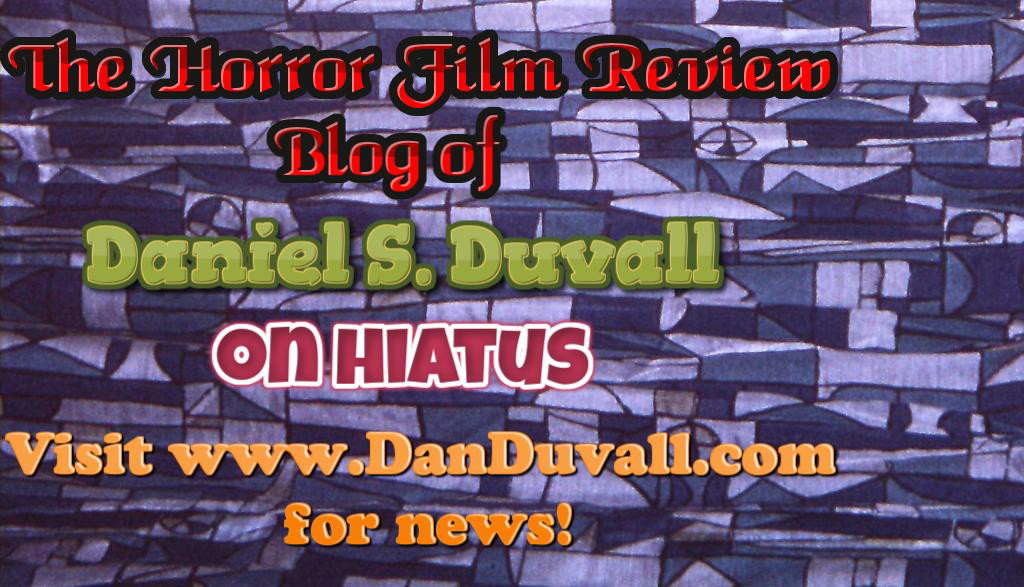[A shorter version of this
review originally appeared here in September of 2011.]
An auteur film (written and
directed by Wes Craven) about the Carters (a family from Cleveland) whose car
(pulling a camping trailer) crashes in the middle of nowhere en route to Los
Angeles, the 1977 version of The Hills Have Eyes has a slow first half balanced
by a flurry of violent action in the final forty-five minutes. The Carters find
themselves under attack by a savage family that dwells in the hills near the
crash site. There are bloody casualties on both sides before the ordeal ends.
To go into much more detail would be to spoil some of the movie’s finer
surprises.
“I set out to have the two
families in The Hills Have Eyes be mirror images of each other so I could
explore the different sides of the human personality – the two brothers being
the [antithesis] of each other within the bounds of popular entertainment,” Craven
once said (as quoted by Brian J. Robb in the book Screams & Nightmares).
The Overlook Film Encyclopedia of Horror suggests that Craven failed in this
goal: “The film is hobbled by its inability to confront the inference that the
depraved 'family' of marauders are a dark mirror image of the 'typical'
middle-American family they attack. As it is, the attackers are just garishly
repulsive, while their victims are neither likable enough to serve as
identification figures nor placed in any critical perspective.”
For extended discourse about
the families in this movie, see D.N. Rodowick's essay The Enemy Within: The
Economy of Violence in The Hills Have Eyes. You can find it in a book titled
Planks of Reason: Essays on the Horror Film (edited by Barry Keith Grant).
My main complaint about this
project is the abrupt ending that leaves the viewer in the dark about how the
survivors ultimately return to civilization (or if they do so at all). The
first half borders on being boring, but the pace really picks up after the
midpoint. Gritty and realistic, the original version of The Hills Have Eyes may
not be everyone’s cup of tea, but I enjoyed the journey to the finale even
though the members of the Carter family are somewhat bland and unmemorable. The
antagonists, on the other hand, are fascinating and terrifying (at one point,
they plan to devour a baby they’ve kidnapped from the Carters). One review
suggests that I may be wrong in dismissing the Carters as bland: a piece in
Variety asserts that the screenplay “takes more trouble over the stock
characters than it needs.”
In a featurette titled
'Looking Back at The Hills Have Eyes' on the Blu-ray, Wes Craven says, “As
bizarre as the premise of the film is, I've always struggled to make the people
in it seem real... that white-bread family from Cleveland... those were people
that I grew up with. That mother was like my mother.”
The original premise differs
from the final film. On the Blu-ray's audio commentary track, Craven reveals
that “the first version of this script... was written [in the] early seventies,
obviously, and was set in 1984 during the presidential primaries, and people
needed a passport to go from state to state because it was kind of like [an
Orwellian] 1984 type of society. [Producer Peter Locke] said, 'We don't need
all this. Let's get to the desert.' So this very elaborate script got pared
down.”
If you’re looking for a
decent chilling tale about primal survival against difficult odds, spend ninety
minutes with The Hills Have Eyes.

No comments:
Post a Comment